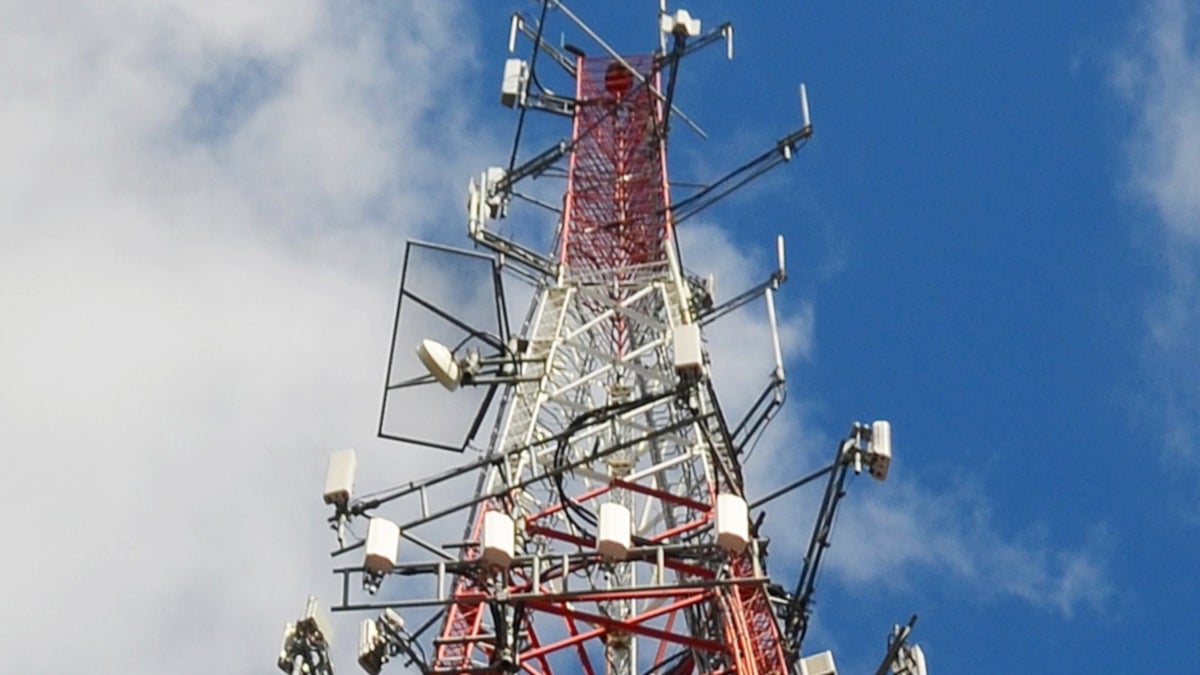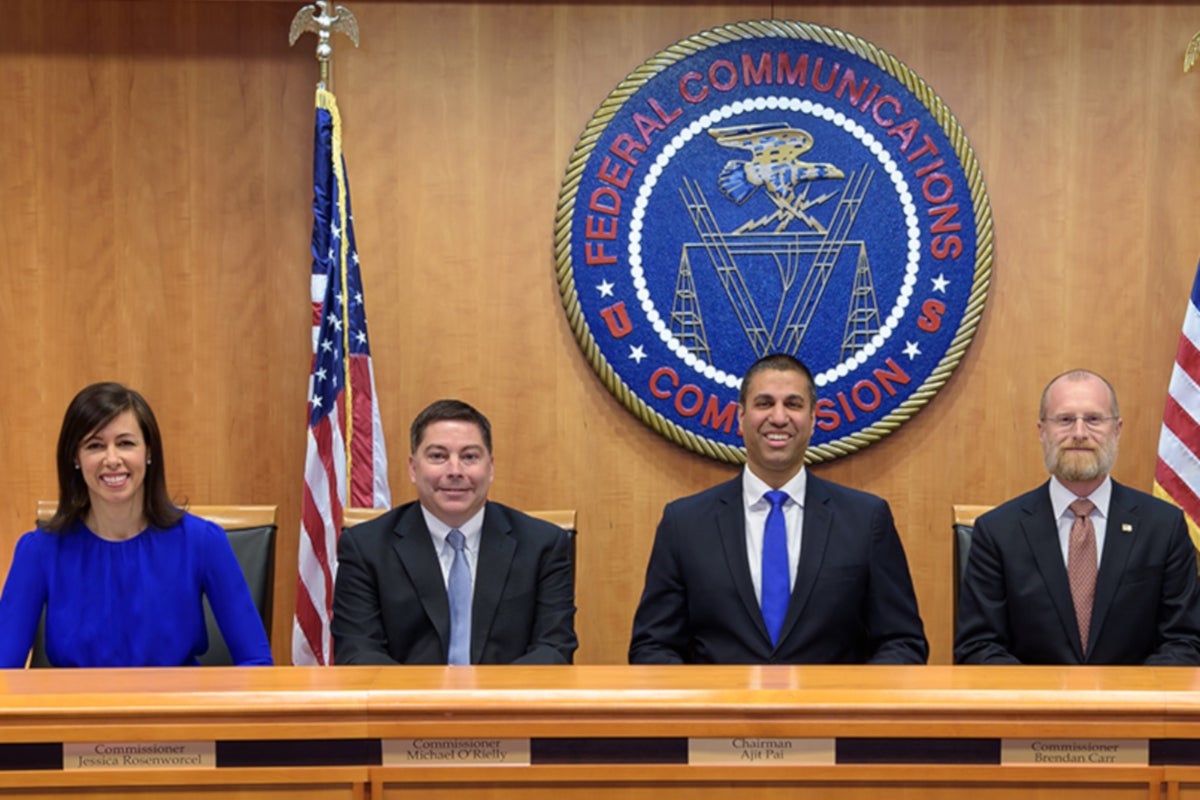FCC Chairman Pai does his best 007: I demand that all U.S. carriers use STIR and SHAKEN

Approximately half of the calls you receive on your smartphone are calls from spammers. Get a call about your social security number being suspended? SPAM! Receive a call from someone trying to sell you an extended auto warranty (even if you don't own a car?) SPAM! The FCC has been pushing technology known as Secure Telephony Identity Revisited / Secure Handling of Asserted information using toKENs or STIR/SHAKEN. The latter is designed to prevent phone numbers from being hijacked and spoofed. The FCC says that the financial benefits of ridding the industry of spam calls will exceed $3 billion a year. At the same time, STIR/SHAKEN will save American consumers from losing as much as $10 billion on fraudulent schemes.
The FCC is no longer playing "Mr. Nice Guy" with the carriers
Ever notice how the phone number of a spam call looks similar to your own phone number? This is by design. Spam callers know that you're more likely to pick up a call if it comes from a phone number that appears to be local. The FCC in November 2018 gave the wireless operators in the states until the end of 2019 to voluntarily implement STIR/SHAKEN or similar technology. FCC Chairman Ajit Pai said at the time that U.S. carriers need to "implement a robust call authentication framework in 2019...Caller ID spoofing enables scammers to defraud Americans and hide from law enforcement...Combating illegal robocalls is our top consumer priority at the FCC."

The FCC is no longer making the implementation of STIR/SHAKEN voluntary
In January 2019, T-Mobile became the first U.S. carrier to use the STIR/SHAKEN technology with its "Caller Verified" feature. Seeing those words on the screen when there is an incoming call means that T-Mobile has verified the authenticity of the caller and is stating that the phone number was not hijacked by a spammer. While Verizon, AT&T, and Sprint have also added aspects of STIR/SHAKEN to prevent their subscribers from receiving calls from hijacked numbers, the carriers have not fully implemented the technology to the FCC's satisfaction.
Last June Congress passed the TRACED Act which the president signed into law. The act requires that within 18 months of the law’s enactment, STIR/SHAKEN be implemented by "voice service providers."
Today, the FCC announced that it will be voting on new rules on March 31st that will require carriers to use STIR/SHAKEN technologies for caller ID authentication. FCC Chairman Pai said, "All of us are fed up with robocalls—including me. We’ve taken many steps to stem the tide of spoofed robocalls. I’m excited about the proposal I’m advancing today: requiring phone companies to adopt a caller ID authentication framework called STIR/SHAKEN. Widespread implementation will give American consumers a lot more peace of mind when they pick up the phone. Last year, I demanded that major phone companies voluntarily deploy STIR/SHAKEN, and a number of them did. But it’s clear that FCC action is needed to spur across-the-board deployment of this important technology. There is no silver bullet when it comes to eradicating robocalls, but this is a critical shot at the target."
The FCC is also trying to fight back against the one-ring scam. Ever have your phone ring just once at a strange hour? This is done completely by design to get you so curious about the call that you return it. And even if it appears that the call came from a local number, with this scam when the call is returned it becomes a pricey international call. Tricks are used to keep you on the phone as long as possible to raise the cost of the call. If you receive these one-ring calls, do not return them no matter how curious you get.
In its press release, the FCC said, "Over the past three years, the Commission has been aggressive in executing a multi-part strategy for combating spoofed robocalls—issuing hundreds of millions of dollars in fines for violations of its Truth in Caller ID rules; expanding those rules to reach foreign calls and text messages; enabling voice service providers to block certain clearly unlawful calls before they reach consumers’ phones; and clarifying that voice service providers may offer call-blocking services by default. The FCC has also called on the industry to 'trace back' illegal spoofed calls and text messages to their original sources."
Follow us on Google News













Things that are NOT allowed:
To help keep our community safe and free from spam, we apply temporary limits to newly created accounts: